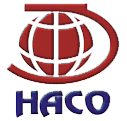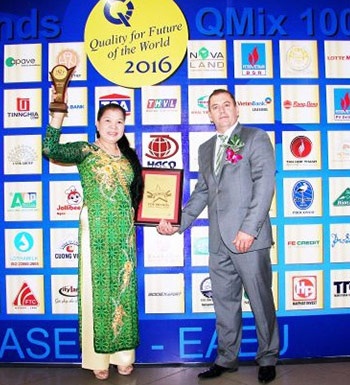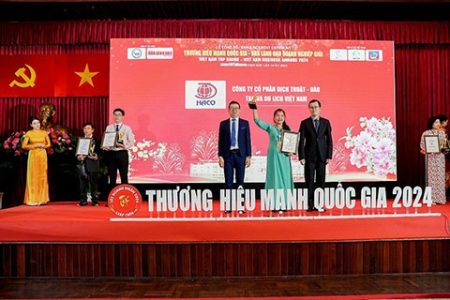Japanese translation is a complex and fascinating field of study. It involves the translation of written and spoken Japanese into other languages, as well as the interpretation of Japanese culture and customs. It is a challenging task, as the Japanese language is highly nuanced and has many levels of meaning.
Japanese translation requires a deep understanding of the language, its grammar, and its cultural context. It also requires a great deal of skill and experience to accurately convey the intended meaning of the original text. With the right approach, however, Japanese translation can be a rewarding and enriching experience.
Exploring the Challenges of Translating Japanese Idioms and Slang
The Japanese language is known for its complex and nuanced use of idioms and slang. These expressions are often difficult to translate into other languages, as they often rely on cultural context and understanding of the language. This article will explore the challenges of translating Japanese idioms and slang, and discuss strategies for overcoming them.
One of the main challenges of translating Japanese idioms and slang is the lack of direct equivalents in other languages. Many of these expressions are rooted in Japanese culture and history, and do not have direct equivalents in other languages. For example, the Japanese phrase “baka yarou” (“stupid person”) does not have a direct equivalent in English. In order to accurately convey the meaning of this phrase, a translator must understand the cultural context and nuances of the phrase.
Another challenge of translating Japanese idioms and slang is the fact that many of these expressions are highly contextual. For example, the phrase “maji de” (“really”) can have different meanings depending on the context in which it is used. In order to accurately convey the meaning of this phrase, a translator must understand the context in which it is used.
Finally, many Japanese idioms and slang expressions are highly regionalized. For example, the phrase “maji de” is commonly used in Tokyo, but is rarely used in other parts of Japan. In order to accurately convey the meaning of this phrase, a translator must understand the regional variations of the phrase.
In order to overcome these challenges, translators must have a deep understanding of the language and culture of the source language. They must also be familiar with the regional variations of the language, as well as the cultural context of the expressions. Additionally, translators must be willing to research and explore the nuances of the language in order to accurately convey the meaning of the expressions.
In conclusion, translating Japanese idioms and slang can be a challenging task. However, with a deep understanding of the language and culture, as well as a willingness to research and explore the nuances of the language, translators can successfully overcome these challenges.
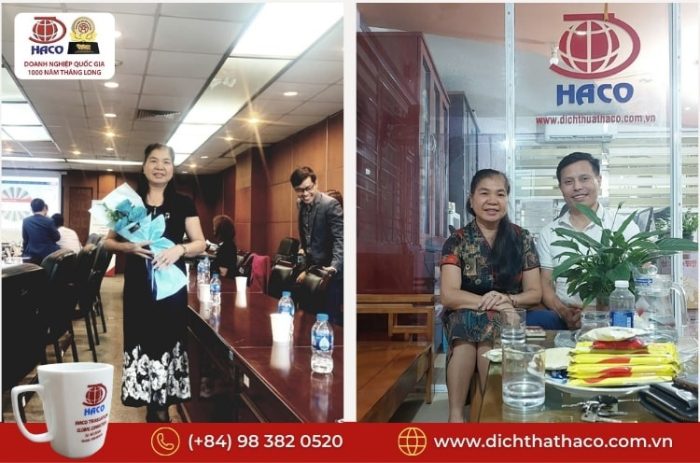
The Benefits of Using a Professional Japanese Translator
Using a professional Japanese translator can be extremely beneficial for businesses and individuals alike. Professional translators are highly skilled and experienced in the language, and can provide accurate and reliable translations of documents, websites, and other materials. Here are some of the key benefits of using a professional Japanese translator.
Accuracy: Professional translators are highly trained and experienced in the language, and can provide accurate translations of documents, websites, and other materials. They are also familiar with the nuances of the language, which can help ensure that the translation is accurate and conveys the intended meaning.
Time-Saving: Professional translators can save time and money by providing quick and accurate translations. This can be especially beneficial for businesses that need to translate large amounts of material quickly and accurately.
Cultural Understanding: Professional translators are familiar with the culture and customs of Japan, which can help ensure that the translation is culturally appropriate. This can be especially important when translating documents or websites for a Japanese audience.
Cost-Effective: Professional translators can provide cost-effective translations, as they are often able to provide discounts for bulk orders or long-term projects. This can be especially beneficial for businesses that need to translate large amounts of material.
These are just a few of the key benefits of using a professional Japanese translator. Professional translators are highly skilled and experienced in the language, and can provide accurate and reliable translations of documents, websites, and other materials. They can also save time and money, and provide culturally appropriate translations.

How to Choose the Right Japanese Translation Software
When it comes to translating Japanese, having the right software is essential. With the right software, you can quickly and accurately translate Japanese text into English. However, with so many different software options available, it can be difficult to know which one is right for you. Here are some tips to help you choose the right Japanese translation software.
First, consider the type of translation you need. Are you looking for a basic translation of words and phrases, or do you need a more complex translation of entire documents? Different software packages offer different levels of translation, so make sure you choose one that meets your needs.
Second, consider the accuracy of the translation. Look for software that uses advanced algorithms to ensure accuracy. Also, look for software that offers multiple translation options, so you can choose the one that best fits your needs.
Third, consider the cost. Different software packages have different price points, so make sure you choose one that fits your budget. Also, look for software that offers a free trial period, so you can test it out before committing to a purchase.
Finally, consider the user interface. Look for software that is easy to use and understand. This will make it easier to use the software and get the most out of it.
By following these tips, you can easily find the right Japanese translation software for your needs. With the right software, you can quickly and accurately translate Japanese text into English.
Awarding Certificate of Top 10 ASEAN Gold Brands to Haco 2022
The Impact of Machine Translation on Japanese Translation Services
The impact of machine translation on Japanese translation services has been significant. Machine translation (MT) is a form of language translation that uses computer software to translate text or speech from one language to another. In recent years, MT has become increasingly popular for translating Japanese, due to its speed and cost-effectiveness.
MT has had a major impact on the Japanese translation services industry. It has enabled companies to quickly and accurately translate large volumes of text, which has allowed them to expand their customer base and increase their profits. Additionally, MT has enabled companies to offer more competitive prices for their services, as they no longer need to hire human translators to do the work.
However, MT is not without its drawbacks. While it is fast and cost-effective, it is not always accurate. MT can often produce translations that are inaccurate or contain errors. Additionally, MT is not able to capture the nuances of language, which can lead to misunderstandings or misinterpretations.
Despite these drawbacks, MT has had a positive impact on the Japanese translation services industry. It has enabled companies to quickly and accurately translate large volumes of text, which has allowed them to expand their customer base and increase their profits. Additionally, MT has enabled companies to offer more competitive prices for their services, as they no longer need to hire human translators to do the work.
In conclusion, the impact of machine translation on Japanese translation services has been significant. It has enabled companies to quickly and accurately translate large volumes of text, which has allowed them to expand their customer base and increase their profits. Additionally, MT has enabled companies to offer more competitive prices for their services, as they no longer need to hire human translators to do the work. However, MT is not without its drawbacks, and it is important to be aware of these when considering using MT for Japanese translation services.

HACO TRANSLATION COMPANY – THE 1ST PRESTIGIOUS TRANSLATION SERVICE PROVIDER IN VIETNAM

COME WITH HACO TO FEEL THE DIFFERENCE AND COMPARE;
YOU WILL SEE THE BRAND WORTHY TO CHOOSE
20 years of accompanying enterprises
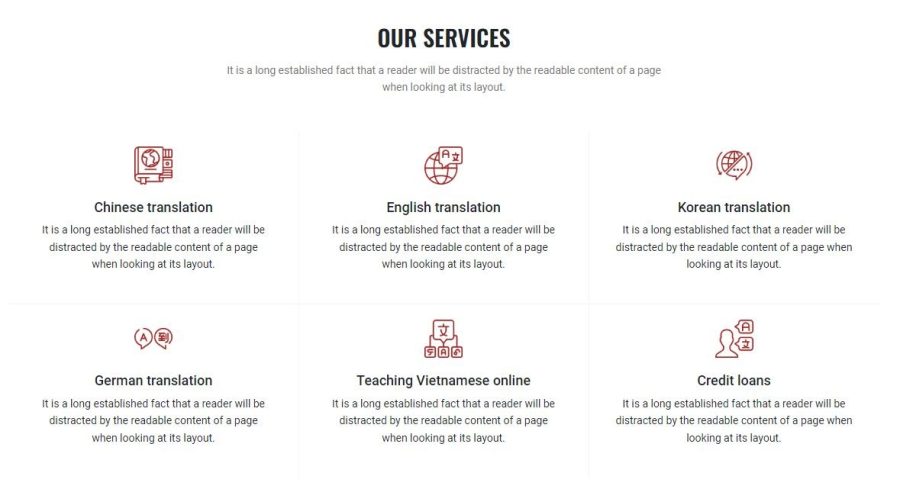
Thông tin liên hệ:
Địa chỉ Miền Bắc: Số 2, Ngõ 68, Ngụy Như Kon Tum, Phường Nhân Chính, Quận Thanh Xuân, Hà Nội
Địa chỉ Miền Nam: 2A/3 Nguyễn Thị Minh Khai, P. Đa Kao, Quận 1, TP.HCM Địa chỉ
Singapore : 391B Orchard Road, Ngee City Tower B Singapore 238874
Di động: +84 983 820 520
Điện thoại & Fax: +84 24 3554 3604
Email: hanoi@dichthuathaco.vn
